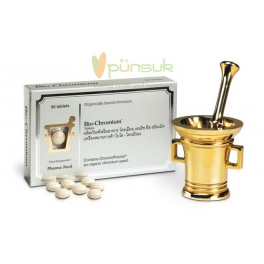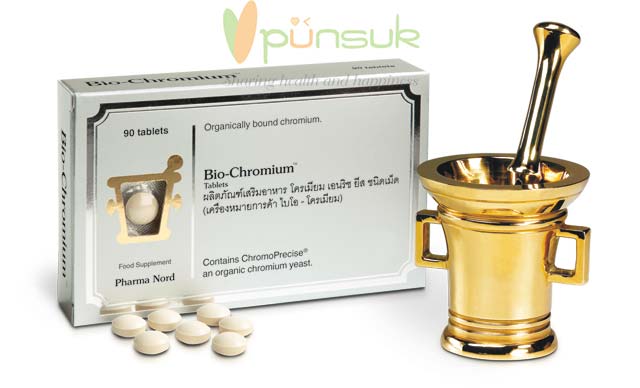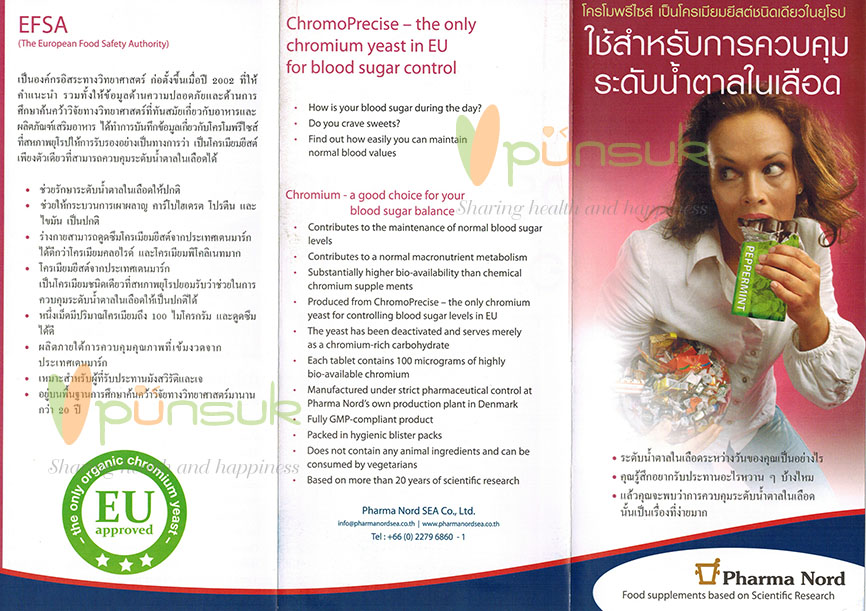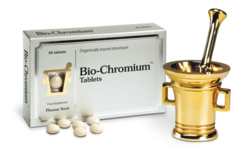Chromium is an important mineral that contributes to normal metabolism of carbohydrates, lipids, and proteins. In addition, chromium supports biological processes involved in maintaining normal blood sugar levels. Inorganically bound chromium usually has a poor bioavailability in the body. The effect of a chromium supplement is determined by how effectively the nutrient is absorbed in the body.
Chromium is several things
Normally, we associate chromium with the chromium-plated fixtures in bathrooms or on motorbikes. The chromium form used for these purposes (industrial chromium) is not part of human biochemistry. We need chromium in its so-called trivalent form. Trivalent means that it is able to form three chemical bonds with other atoms (industrial chromium is hexavalent).
Lactic acid binds chromium
Trivalent chromium also has the property that it binds to lactic acid (lactate). Therefore, the body loses some chromium in situations where the body produces large amounts of lactic acid, for example. by strenuous work, as well as in situations when the cellular energy production is insufficient.
Scandinavian, British, and American dietary analyses show that the average chromium intake is somewhere around 30-40 µg daily. EFSA (the European Food Safety Authority) recommends a daily chromium intake of 40 µg, while the WHO considers the nutrient as safe with intakes up to 250 µg.
What foods contain chromium?
Good natural chromium sources include foods like:
- Shellfish
- Nuts
- Raisins
- Meat
- Beans
- Black pepper
 ดูรูปขนาดจริง
ดูรูปขนาดจริง 










 Blood sugar is a common term for blood levels of glucose, which is the body's energy source. The glucose content rises after a meal and subsequently decreases as the glucose is absorbed by the cells. Blood glucose levels are usually lowest in the morning and highest shortly after a meal.
Blood sugar is a common term for blood levels of glucose, which is the body's energy source. The glucose content rises after a meal and subsequently decreases as the glucose is absorbed by the cells. Blood glucose levels are usually lowest in the morning and highest shortly after a meal.
























